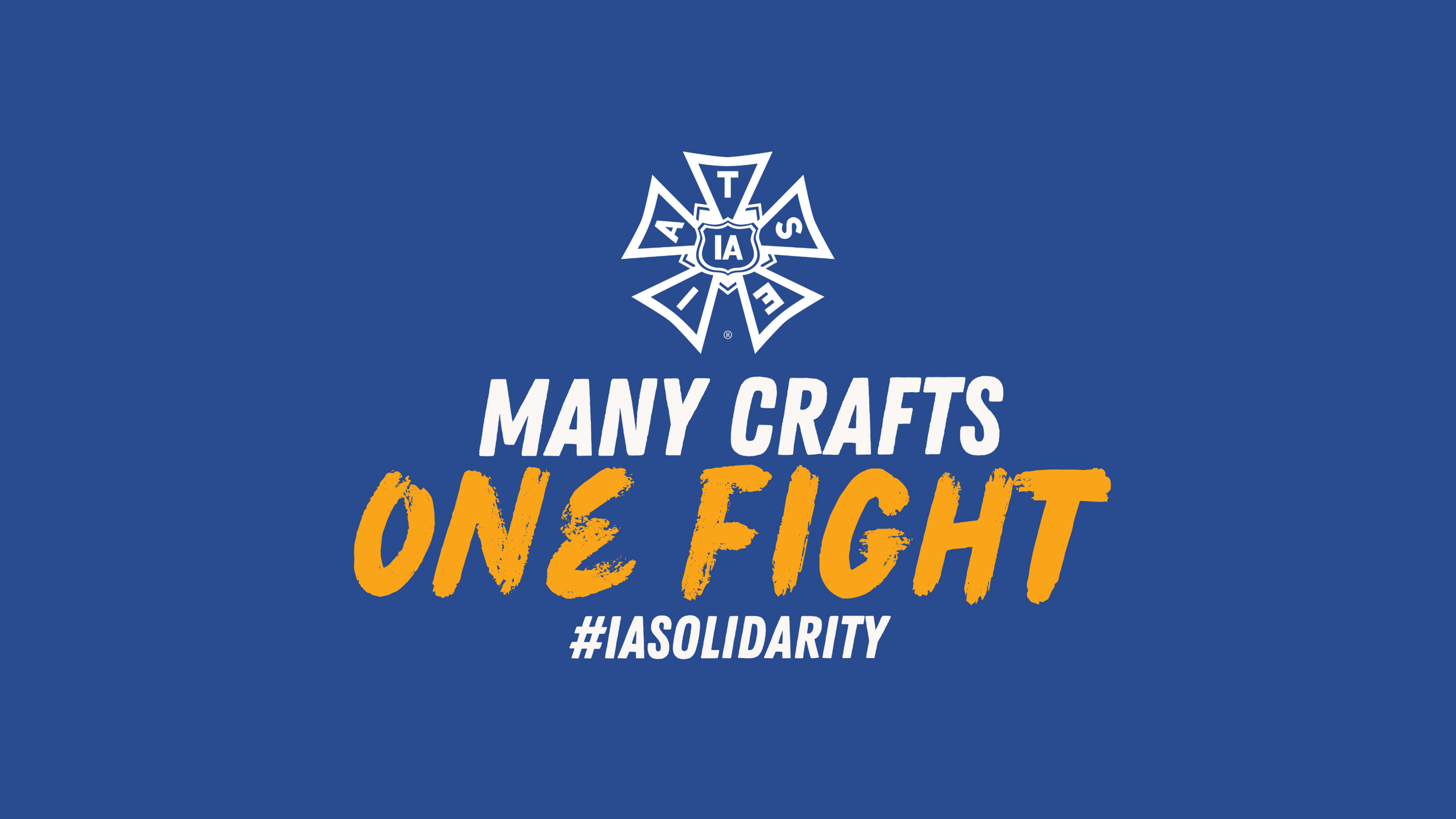Members of the International Alliance of Theatrical Stage Employees (IATSE) have voted in favor of ratifying both the Basic Agreement and the Area Standards Agreement contracts that their unions negotiated for with the studios.
The guild said on Thursday that turnout was “historically high” among the tens of thousands of members of the union who voted to ratify the new contract. For the Basic Agreement covering workers in the 13 West Coast Locals across the Los Angeles area, the deal passed with a margin of 85.9 percent in favor. And for the Area Standards Agreement, which covers 23 locals across the country, the deal passed with a margin of 87.2 percent in favor.
The deal goes into effect August 4, and IATSE members will now work under each of these contracts until 2027.
IATSE International President Matthew D. Loeb said, “IATSE’s rank-and-file members have spoken, and their will is clear. Between significant wage increases in addition to several craftspecific adjustments, bolstered health/pension benefits with new funding mechanisms, improved safety provisions, critical protections preventing misuse of artificial intelligence from displacing IATSE members, and more. The gains secured in these contracts mark a significant step forward for America’s film and tv industry and its workers. This result shows our members agree, and now we must build on what these negotiations achieved.”
“The AMPTP member companies congratulate IATSE on ratifying these landmark deals, which received overwhelming support from its members,” the AMPTP said in a statement. “From the first day of negotiations, IATSE leadership demonstrated a clear commitment to a fair and collaborative process, which resulted in agreements that contain historic gains and protections, reflect the immense value that IATSE members bring to production, and ensure our industry will continue to deliver well-paid jobs and exciting content for years to come.”
As part of the deal for those under the Basic Agreement, crafts workers will see wage increases of 7 percent in the first year of the deal, followed by 4 percent and then 3.5 percent in subsequent years. Hourly workers will also receive triple time (3x hourly) when any workday exceeds 15 elapsed hours, and all “On Call” classifications will now receive double time on the seventh day of the workweek.
Juneteenth is now a covered holiday, and there have been updates to everything from meal penalties to paid sick leave to getting gender-neutral language in contracts. And the union said it also addressed a funding gap of $670 million to the healthcare and pension plans. It promises no participant will see a break in service for the plan year of 2023.
IATSE also received protections around artificial intelligence, which a lawyer told IndieWire is even more “evolved” than the language seen in other deals (the writers, actors, and directors). For starters, no employee will be required to write an AI prompt that would displace a fellow crew member, and the use of generative AI is considered covered work performed by a human. Studios will also indemnify workers in the event of a lawsuit. The workers can also refuse to be scanned for machine-learning purposes, and AI training and workshops will be offered as part of regular meetings with the studios — both individually and collectively.
Still, AI was the major sticking point for those who voted against the deal. IndieWire reported that members of the Art Directors Guild Local 800 — including some board members and some who worked on the AI task force ahead of negotiations — found the AI protections to be toothless. The signatories believe the encroaching technology — even with the new deal’s protections — would result in the loss of jobs. Their main complaint was that IATSE’s deal does not give workers the power to refuse to use AI if directed to do so by an employer, which is actually something the writers and actors achieved.
The other gains in wages and benefits are significant enough that it was expected the deal would pass easily.
PHOTO BREAK
Last year’s dual strikes shuttered practically all (scripted) production. With so many days lost to the 2023 WGA and SAG-AFTRA picketing, many workers felt they could not justify time away from work in 2024.
In 2021, the last time the IATSE Basic Agreement and ASA were up for negotiation, both deals nearly did not pass. The BA narrowly lost the popular vote but was ratified anyway because of a delegate vote, and the ASA was ratified by a razor thin margin.
Talks between IATSE and the AMPTP began in March and continued into June, surpassing the originally-scheduled negotiation window. A tentative deal was ultimately reached on June 26, more than a month ahead of the current contract’s July 31 expiration date.
All eyes now turn to the Teamsters, who are in the thick of negotiations with the AMPTP; those talks also have a July 31 deadline. The last scheduled day of negotiations for the Hollywood Basic Crafts, Local 399 Black Book, and Location Manager Agreement is tomorrow, July 19, which will mark five weeks at the bargaining table. But in the most recent update from the union on July 12, the Teamsters told members they were still “far apart” on core priorities.
“We have been extremely clear on the reasonableness of what we have brought to the table. Many of our proposals would cost the employers very little, and in some cases no money, but would be huge wins for our members,” the Teamsters wrote in a memo obtained by IndieWire.
Additional July negotiation dates could still be added with the AMPTP, but the Teamsters have made clear they will not extend talks beyond the end of the month.
More to come…





